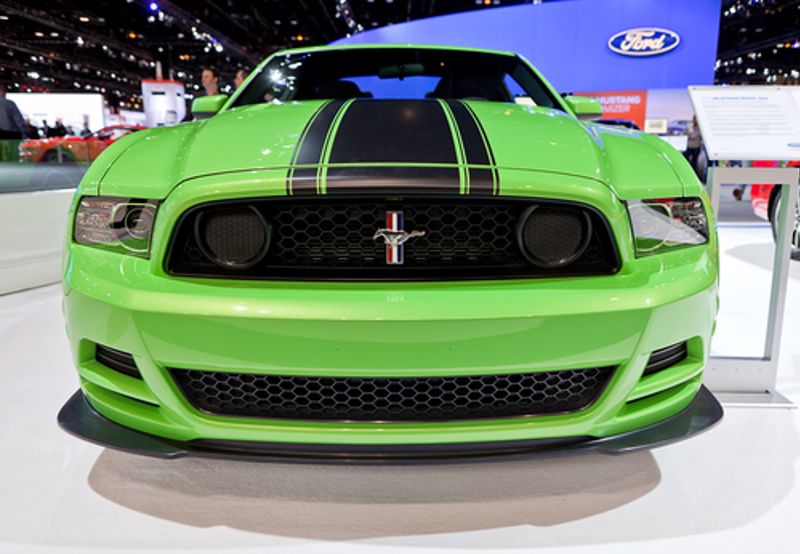Our cars have evolved in a powerful way over the past century. Control our grandparents only dreamed about is now a standard for most vehicles. In 2021, the average car in the US was around 250 horsepower (hp), a huge jump from the average in 1981 of about 102.1 horsepower.
Honda has now released specs on its upcoming Honda Civic Type R – and things are about to get assertive.
The 2023 Honda Civic Type R's updated K20C1 turbocharged 2.0-liter I-4 engine will produce 315 hp and 310 lb-ft of torque. Drivers will be able to get a little further, faster with the addition of a larger cooling fan, lighter flywheel and grille opening along with many other added features. With a six-speed manual transmission that shifts much smoother than other vehicles, it's proven that Honda is one of many manufacturers aiming to pave the way to speed on our highways and roadways. By comparison, the 2023 Toyota GR Corolla has 300 hp, 273 lb-ft and the 2022 Volkswagen Golf R has 315 hp, 295 lb-ft.
As vehicles continue to push the limits of just how much power we can give, the question begins to arise: how much horsepower is too much?
So what is horsepower really?
The term horsepower was first used in 1882 by James Watt to measure the power of steam engines. As a unit of measurement, it can be applied to electric motors and internal combustion engines. By definition, the horsepower is the equivalent of 550-foot pounds per second or 33,000 pounds of force per minute.
The evolution of horsepower from the early days to the present day is a fascinating story. Early cars were powered by steam engines, which were then replaced by gasoline engines in the late 1800s. In 1908, Henry Ford introduced the Model T and it became one of the first mass-produced cars in America. The Model T had a four-cylinder engine that was capable of 22 horsepower.
As time went on, horsepower increased steadily as engineers found new ways to increase efficiency and power output. The first electric starter was used in the 1912 Cadillac and it helped to make cars easier to start and use for drivers who lacked physical strength or coordination. In 1932, Ford introduced its first V8 engine which could produce 65 horsepower at a time when most other manufacturers were still using four-cylinder engines.

Is there such a thing as too much horsepower?
Horsepowerspecs makes an interesting argument about horsepower and speed alone not being the only culprit when it comes to fatal accidents on the road. Even a 707 hp Dodge Challenger for example has had fewer fatal accidents than the famously dangerous 1960 Chevy Corvair with 80 horsepower. Whereas cars will continue to have the potential to go faster and faster, it is actually the unsafe vehicle and also the human error or mistakes made by the driver that is the problem. In some instances, cars made to go quickly will not be able to get the traction they need to actually go that fast, taking away the fun of driving as well as a good layer of rubber off its tires.
Conclusion
The future of horsepower might not be as strong as we may have thought even a few years ago. The automotive industry is shifting to electric vehicles as the demand for fuel-efficient and environmentally friendly cars increases.
In the near future, we will see a variety of electric cars on the market, from affordable, compact family cars to long-range all-electric luxury cars. Electric vehicles are usually not measured in horsepower itself, but instead in kilowatt-hours (kWh). Much of this has to do with the fact that they don't use combustion to power their engines, instead measuring energy or power by the battery it's running on.
Will electric vehicles get in the way of engineering focus on horsepower? Because EVs have fewer moving parts than their fossil fuel counterparts, their potential for speed in some instances can be compared quite easily to the fastest gas-powered horsepower vehicles. EVs are also much more cost-efficient in the long term as they require less energy from their battery to catch that speed than a car measured in horsepower does.
Greening Testing Laboratories is a fully certified brake testing lab that provides a variety of brake testing services worldwide. Contact Greening for a complimentary consultation.
